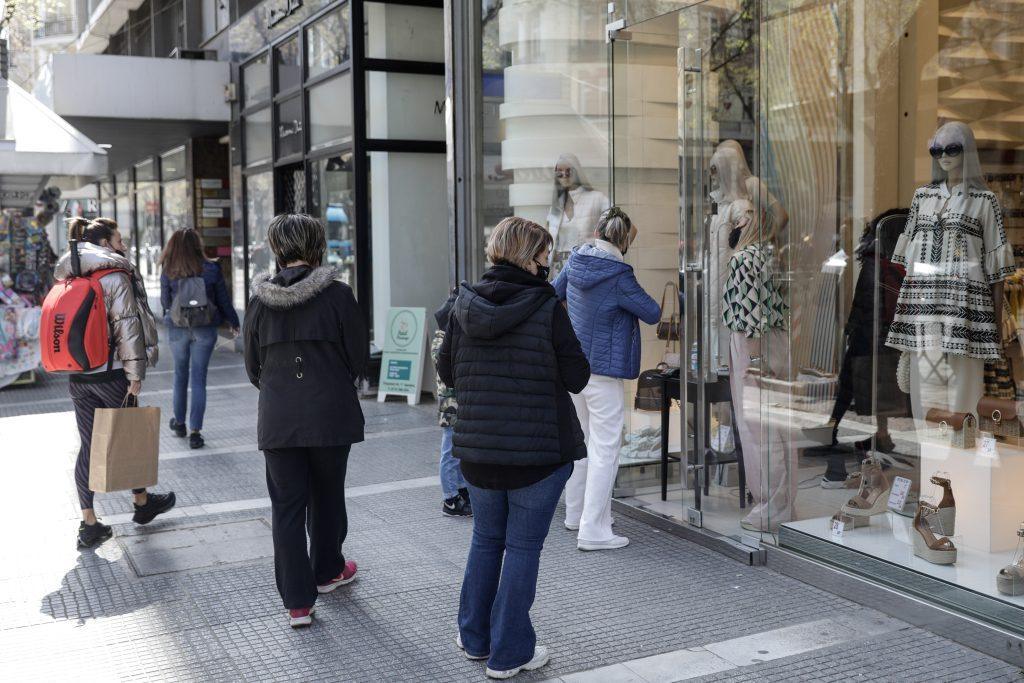The actions that need to be taken to substantially enhance recycling and address energy costs in the industry were mentioned by Mr Vasilios Karatsolis, president and CEO of the company for the integrated management and recycling of non-hazardous solid waste VKC, and Dr. Dimitris Theocharis, CEO of the MELPAPER industry.
Yellow bins are not necessary
Speaking at the OT Forum at the session “Greek Industry and the Energy Crisis – Recycling of Materials and Financial Incentives”, Mr Karatsolis questioned the usefulness of the source sorting, noting its high cost, while technological developments make it extremely easy sorting in the facilities. Waste consist of packages and organic residues. Therefore, the organic residues should end up in the green bin and recyclables in the blue one, he added.
Describing the cost that the waste collection system already has, he noted that two different garbage trucks pass through the neighborhoods to collect two different mixtures of materials. Mr Karatsolis questioned the usefulness of yellow bins for paper recycling, said at the OT Forum Mr. Manolis Grafakos, saying that this is an old concept as technology has advanced and the separation of materials is now easy.
“There are visual separators that do a perfect job,” he said, while, elsewhere, he described that these separators do not only separate different materials but also separate the paper ftom newspapers from the paper from magazines. “It is an unnecessary waste of money to put separate bins that require multiple itineraries of the garbage trucks to collect waste,” he then added. In particular, he described that industries could be subsidized to use recycled materials for their packaging, for example by enjoying a reduction in VAT. This would increase the demand for recycled material, hence the incentive to collect it wherever it is. “The plastic has been demonized, while it is completely recycled,” he said, adding that it is a matter of technology and cost. The plastic bins received by local authorities could be 50% of recycled material, he said, while presenting the paradox that biodegradable bags are produced from starch.
“We use the fields for solar panels, energy plants and bags. Who will produce food?” he wondered.
“Thirty years ago the materials needed to be completely separated. Today, such a practice is outdated” he said, referring also to the high cost of “recycling kiosks” the benefit of which for citizens who recycle is very small.
“Cry of anguish”
For his part, Mr Theocharis said that MELPAPER accepts 40% of the paper collected nationwide and recycles it. He noted that, during the pandemic and lockdowns, the industry faced a tremendous increase in costs, as “no one was throwing cardboard”. This was followed by large increases in electricity, since the end of 2020. He described the energy cost increases as “frightening”, referring to a “cry of anguish” by the Greek industry, stressing the special weight the secondary sector has for the Greek economy.
Referring specifically to energy costs, the CEO of MELPAPER noted that the electricity more than doubled, and the bills of this energy-intensive industry from half a million euros per month have exceeded one million. He stressed that licensing for critical projects that help reduce energy costs can take up to 4 years.
The cost for the print media
Taking the floor, Mr. Karatsolis gave the example of the cost for the print media, where prices have surged, while it is difficult to find the required quantities of paper, as 35%-40% of the paper used for printing came from Ukraine and Russia. Thus, the cost has soared from 430 to 950 euros per tone, while, of course, the revenues from the returned newspapers have increased from 70 to over 200 euros per tone.
Prioritization is needed
“Prioritization is what we really need. We should give priority to investments that reduce energy costs,” said Mr Theocharis, referring to bureaucracy barriers and calling for the lifting of the 2-3 megawatt limit to the own production of energy produced by solar panels and stressing the need for bilateral contracts with the producers of photovoltaic energy. “This is not something that should not be done over four years, it should be done tomorrow. We cannot wait four years to get power from solar panels” he added. Solutions that concern the industries must be prioritized.
Finally, Mr Karatsolis again called for incentives for the industry to consume recycled materials, while calling on the government to talk to people in the market on this issue. “The authorities understand that we should give priority to industrial energy projects,” said Mr Theocharis.
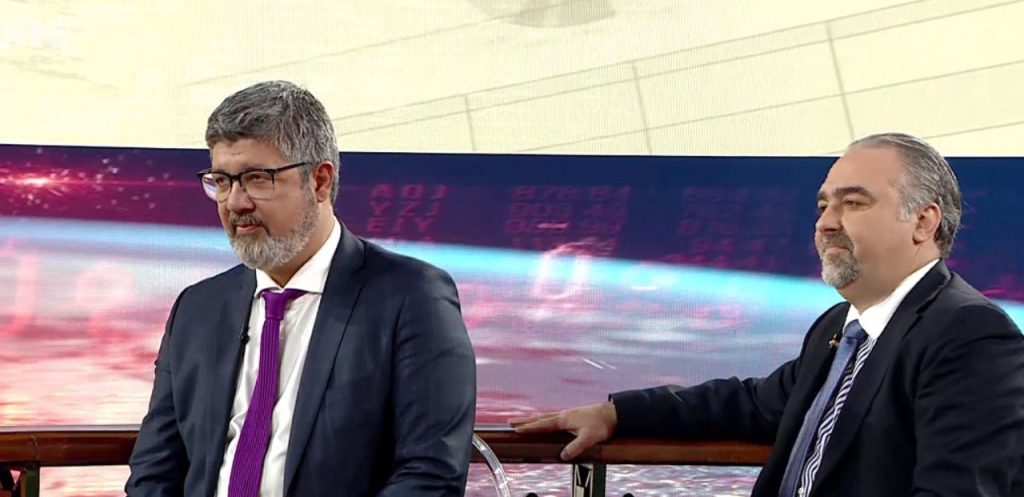


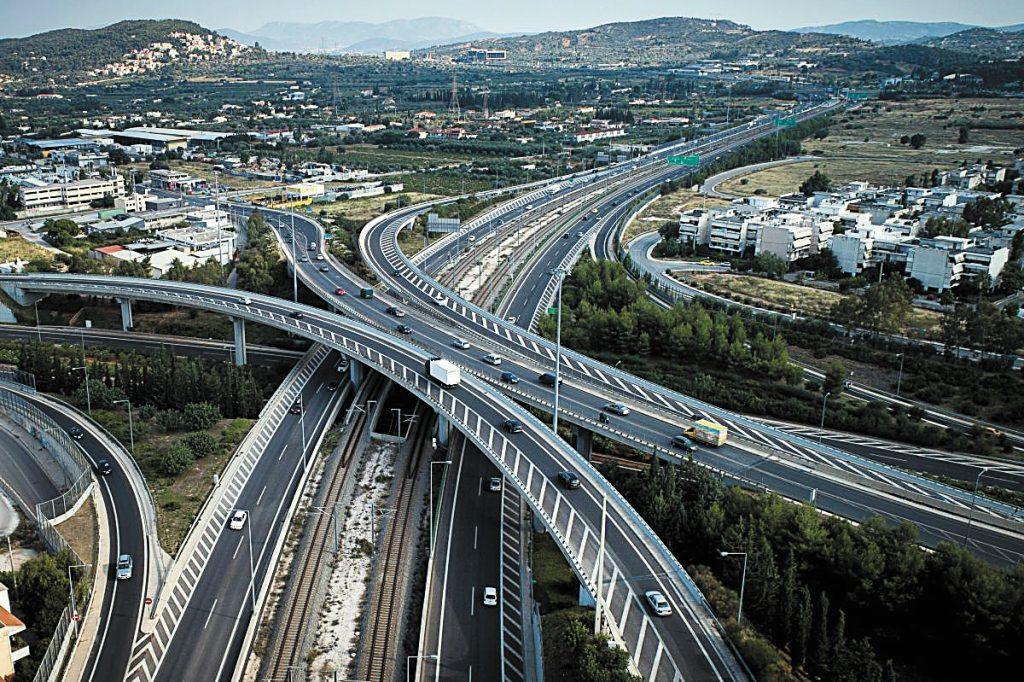
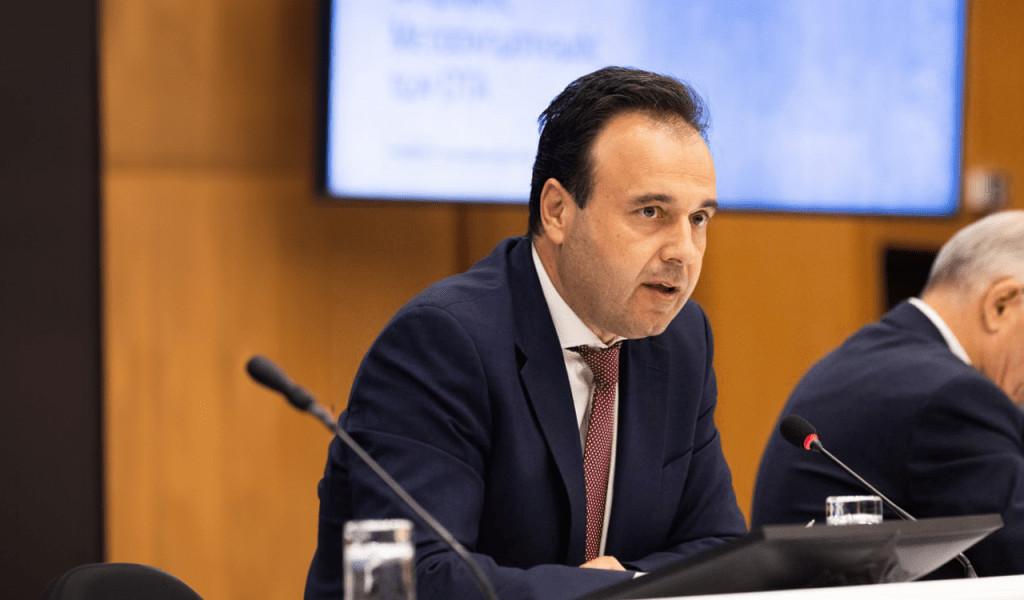






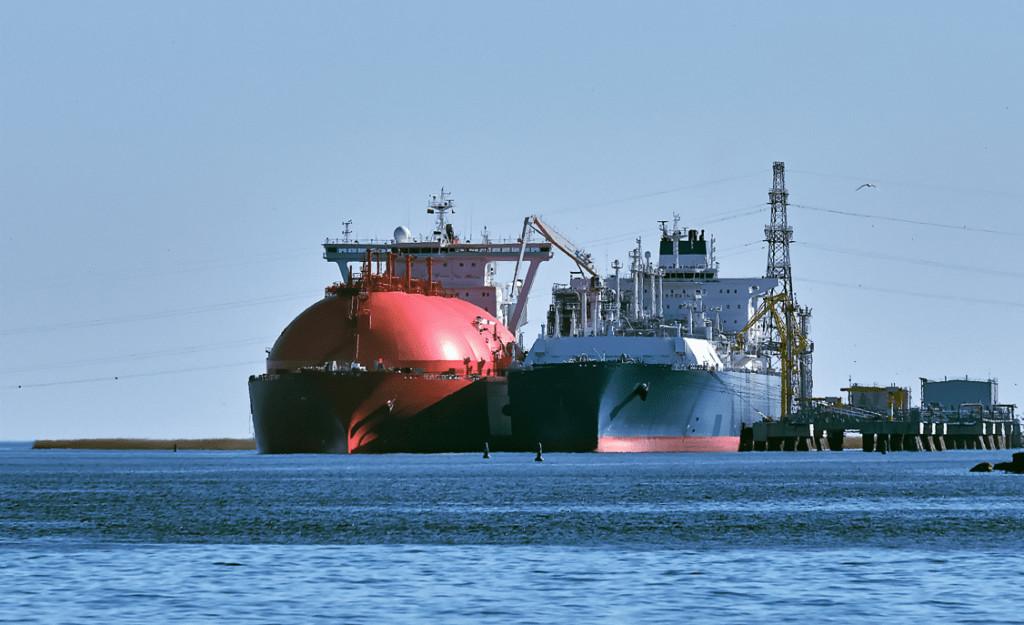



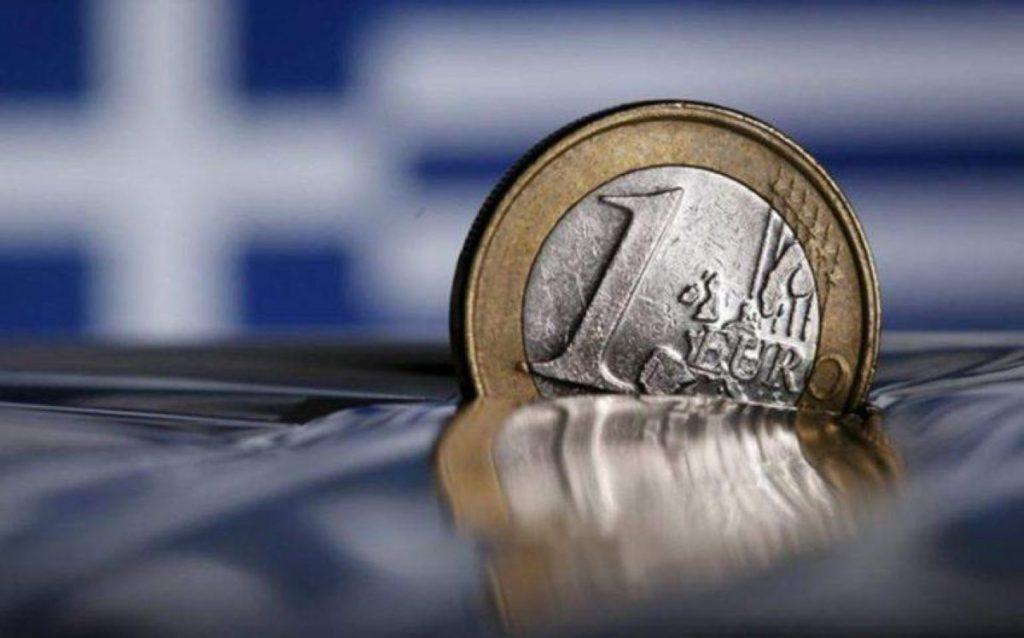
![Στεγαστική κρίση: Γονατίζει ένα στα τρία νοικοκυριά [πίνακας]](https://www.ot.gr/wp-content/uploads/2026/02/akinita26-4.jpg)
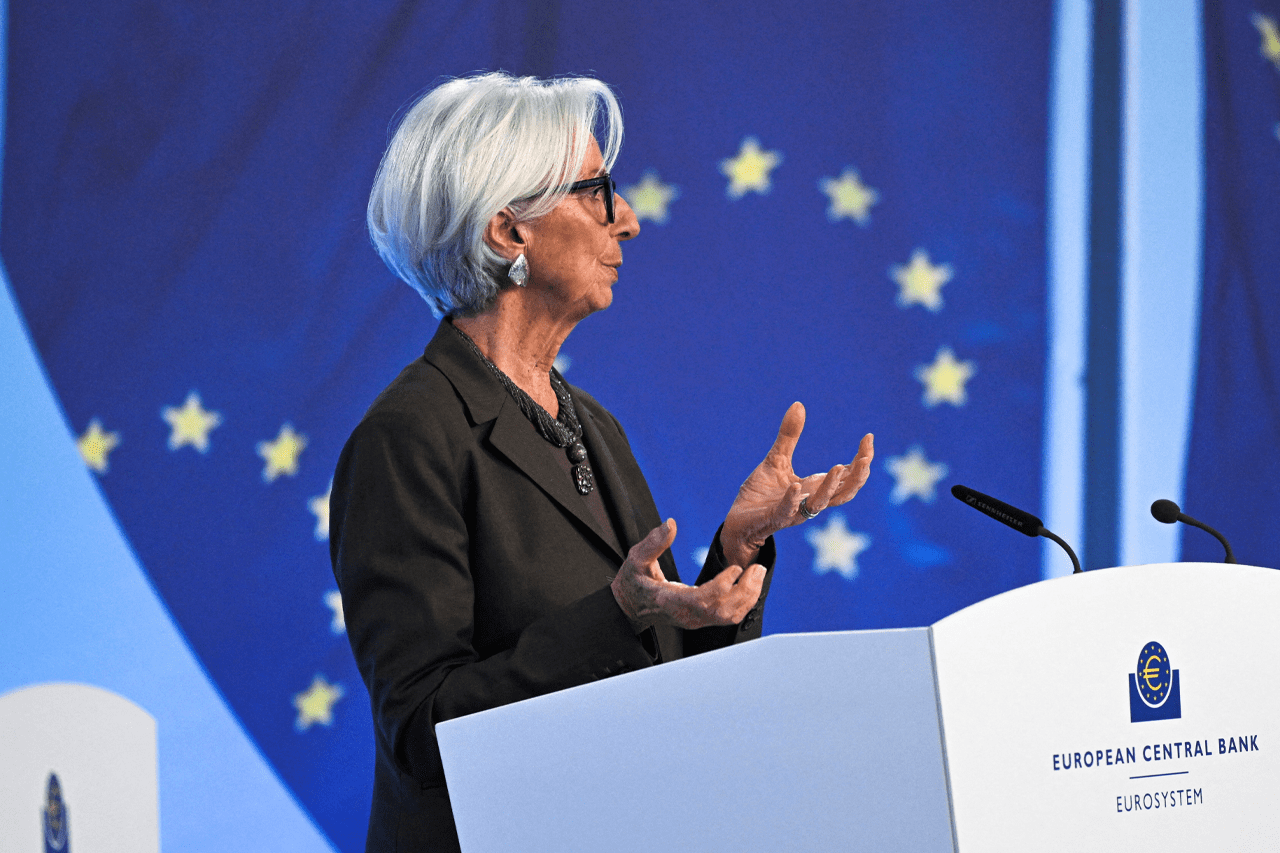















![Γραφεία: Ανοδικά οι επενδύσεις – Deals άνω των 500 εκατ. [πίνακες]](https://www.ot.gr/wp-content/uploads/2026/02/19_02_ot_grafeia_EXO.jpg)


